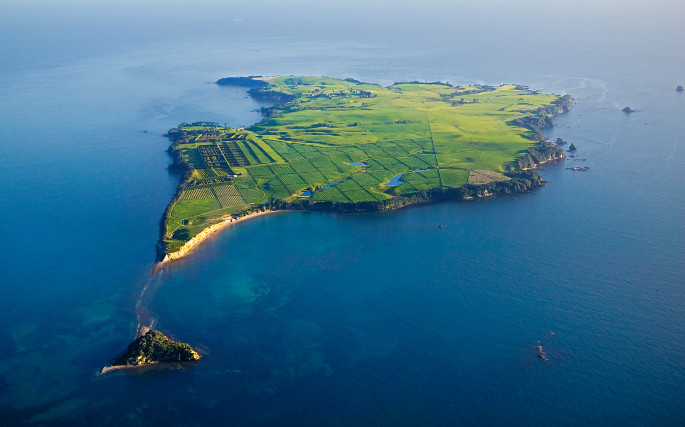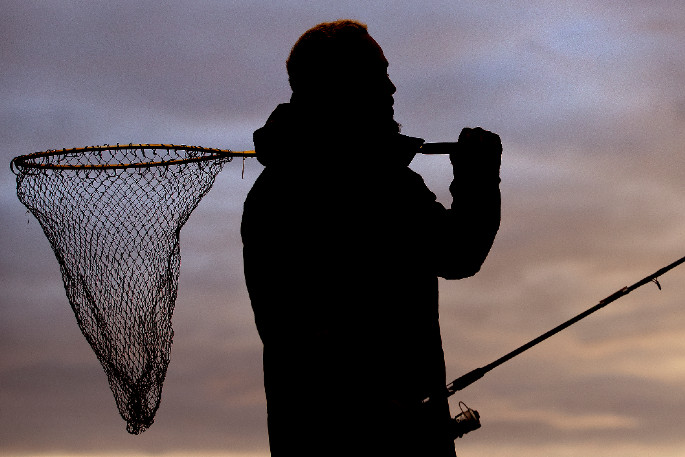The reaction to three ‘no take' fishing zones near Motiti Island has been significant to say the least.
In the five weeks following the Environment Court's final decision on April 24, Facebook group Stop the Lockout NZ gained more than 1140 members.
A National Party petition against the decision, started by BOP MP Todd Muller, has more than 2300 signatures.
Commercial and recreational fisherman Russ Hawkins, who's fished the area for 50 years, has written to the Human Rights Commission. Several others plan to take legal action.
The Weekend Sun has talked to a significant number of clubs, fishermen, Motiti residents and Te Patuwai Iwi over the last two weeks. The same question continues to present itself: how was this allowed to happen?
In a nutshell
The Motiti Rohe Moana Trust and Forest and Bird appealed to the Environment Court asking for better Motiti Island moana protection.
After a complicated trial, the Environment Court implemented the Motiti Protection Area, which bans fishing in three reef zones near Motiti.
An overlap was found between the Resource Management Act, where responsibilities are handled by council, and the Fisheries Act, where they are handled by MPI.
The Court decided that the policing, scientific monitoring and funding of the no-take zones will be undertaken by the Bay of Plenty Regional Council.
Because the case was taken directly to the Environment Court, rather than BOPRC, no public consultation was sought. It won't be sought until 2029, when BOPRC's Regional Coastal Environment plan is up for review.
The ban will come into effect if approved by the Minister of Conservation in coming months.
Lack of consultation
NZ Sport Fishing Council BOP delegate Vance Fulton says the fishing community has been appalled by the lack of transparency and public consultation that has occurred.
'This was totally left of field, and hasn't happened in New Zealand before,” says Vance.
'Now that this ‘back door' method has been successful, it's being repeated – it's already happening in Northland.”
Commercial cray fisherman and Mount Maunganui Sports Fishing Club conservation officer Ian Steed says no one thought a ban would be allowed to happen.
'The case has been happening for about five years. We heard bits and pieces, but were never officially consulted as a club.”
The ripple effect
Nicky Sinden grew up fishing around Motiti, as her family owned land there. She filmed the first episodes of her fishing show Ados Addicted to Fishing on Motiti Island.
'This affects the livelihoods of so many, from tackle stores to people who fish to feed their families,” says Nicky.
'It may become a safety issue, as people will be forced to fish further out.”
‘No take' zones putting fishing pressure elsewhere is also a concern.
The desired result?
This isn't exactly the result the MRMT wanted, either, says MRMT technical adviser and marine biologist Te Atarangi Sayers.
He says the Trust wanted management across the whole area, particularly banning nets, pots and dredging.
'We never wanted to go to court. We went to (regional) council first, and they supported us until it came to actually doing something.”
Te Atarangi says he approached several organisations throughout the process, asking them to participate.
'Their experience is so important to telling the story, but they're ideologically opposed to ‘no take'.
'This was never about discriminating against recreational or commercial fishermen. We want people to be able to fish. But the ocean is dying, and we have to do something.”
BOPRC regulatory services general manager Sarah Omundsen says it isn't a matter of whether Council agrees with the decision or not.
'A decision has been made and BOPRC has the responsibility for implementing it.
'We understand peoples' frustration. Any future process will include public consultation.”
F&B didn't respond to a request for comment. On its Facebook page it claims to have helped achieve what Motiti locals wanted.

Motiti Island
From Iwi
This representation has infuriated some Motiti residents.
'Talking to a few people and deciding that represents everyone's opinion goes against tikanga Māori,” says resident and Motiti Island Māori Reservation Trust chair Rangi Butler.
'MRMT teaming up with F&B is an abomination, because they allowed an outside group to dictate what's best for us.
'When we found out, it was too late.”
This was also the case for Patuwai Tribal chair Jimmy Takotohiwi.
'I knew it was too late, but I sent the Environment Court a letter anyway to make them aware that MRMT doesn't represent our hapū.”
One of the protected zones falls under the Maketū area, not Motiti.
Te Awha-o-Te Rangoi Marae chair Muriwai Ihakara says some Maketū leaders were consulted, and aware of the court case.
'The ban is about rejuvenating the diversity and wellbeing of the moana. I'm of the perspective that very few Māori would reject that.”
Better solution?
Rangi and Jimmy prefer management in a 12km2 radius around the island. Rangi has submitted a Takutai Moana application for this, which is awaiting review.
Russ says he's open to a management plan that uses research commercial fisherman have been collecting for decades. Many agree the evidence presented in court was inadequate at painting the whole picture.
Amongst the barrage of conflicting opinions, there is a clear point of agreeance: The ocean needs protecting.
'I don't have the right answers about how to go forward from this,” says Nicky.
'But we all want a thriving fishery – there's no two ways about it.”



2 comments
It's simple.
Posted on 31-05-2020 13:51 | By morepork
"We want people to be able to fish. But the ocean is dying, and we have to do something.” Set realistic catch limits, prohibit recreational fishers from selling their catch, police it properly and regularly, and have mandatory jail sentences for people taking undersize or over-the-limit catches. If it is so bad that the whole place is at risk, have a zero limit for a fixed period and communicate that to all interested parties. Work with recreational fishers, not against them.
The ocean is fine
Posted on 02-06-2020 10:22 | By PragmaticMikeSays
"But the ocean is dying, and we have to do something" - how is such a broad (and demonstrably false) assertion allowed to stand? The ocean is just fine and the sky is not falling in, and even if it were "dying" which is literally an impossibility, how would banning fishing from three reefs "save it"? Extraordinary actions require extraordinary evidence and justification - neither of which is in play here.
Leave a Comment
You must be logged in to make a comment.